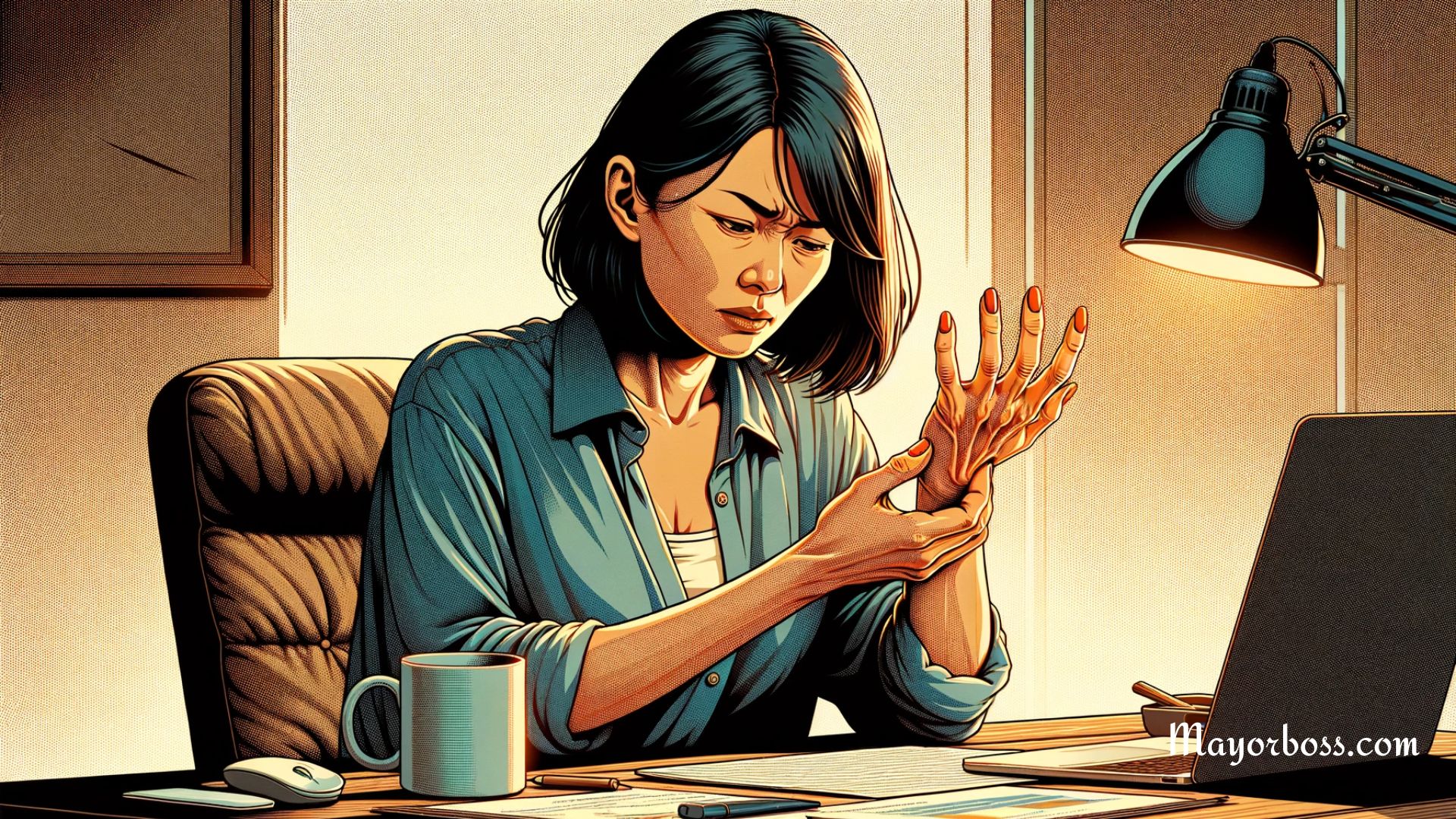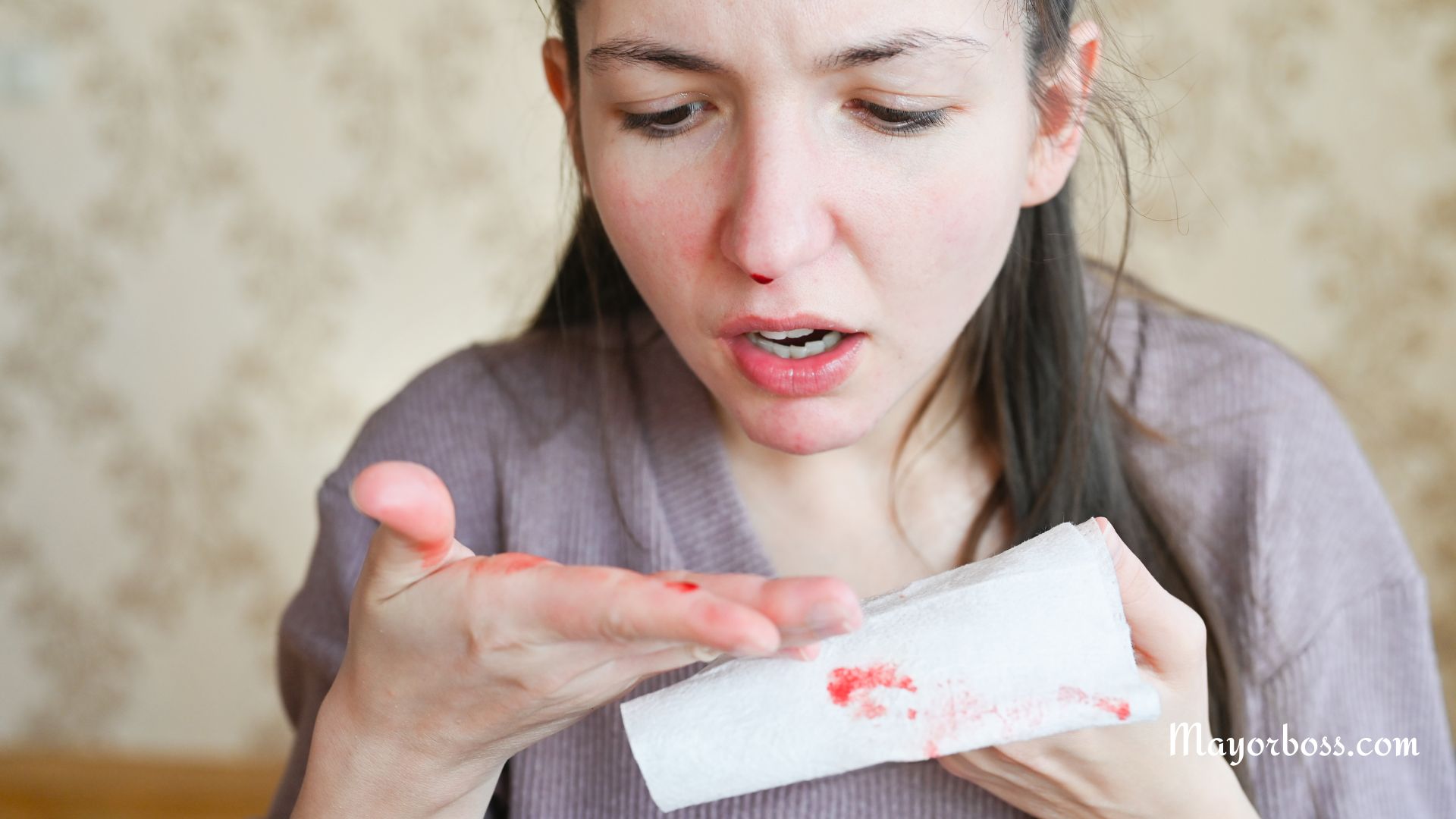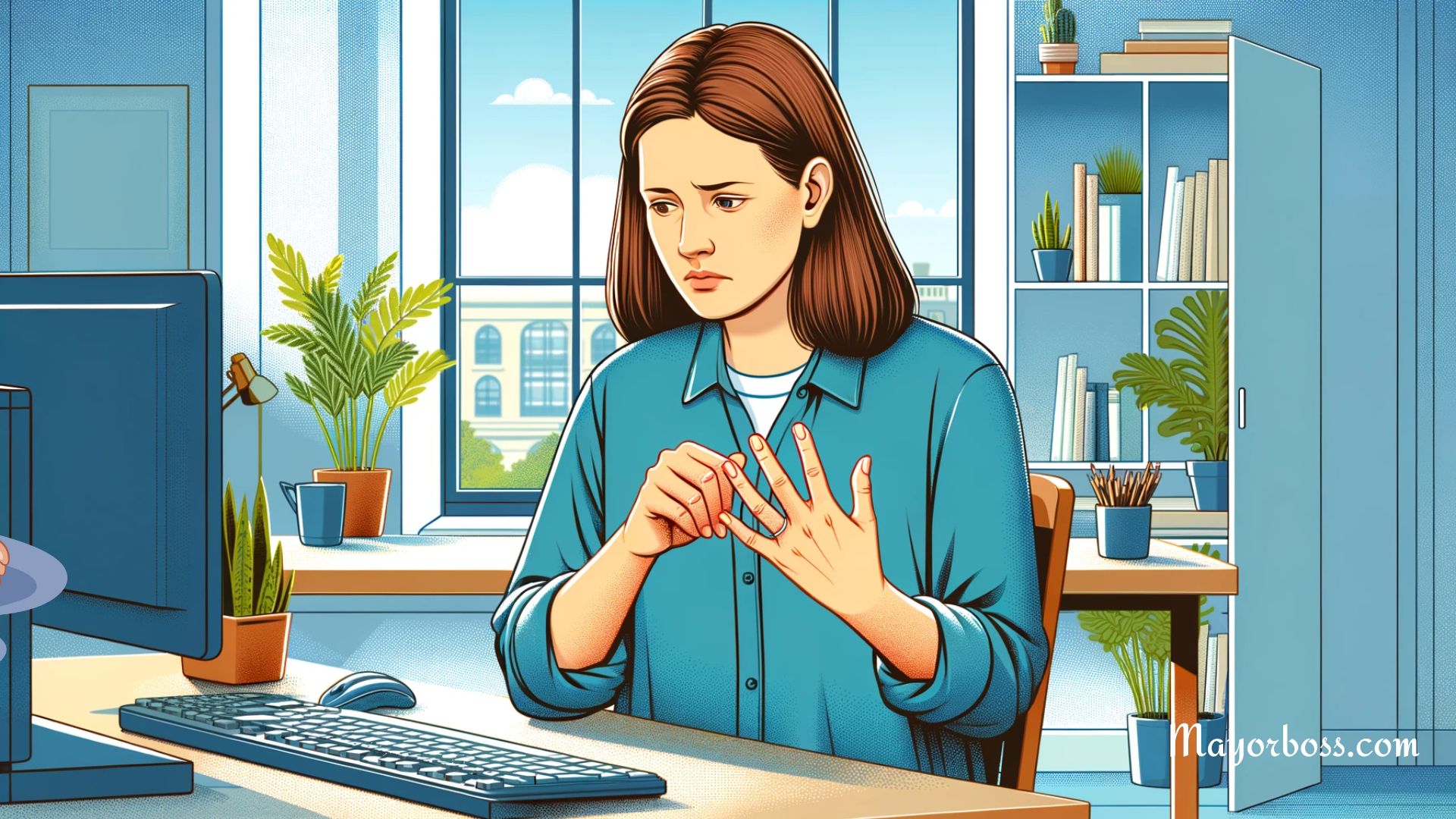How to Get Rid of Pollen Allergies
Do you find yourself asking, “How can I get rid of pollen allergies?” Indeed, this question plagues many people, especially during the peak of the allergy season. In this article, I will tell you some tried and true methods to help you deal with pollen allergies more effectively.
Understand Pollen Allergies
First of all, understanding pollen allergies is paramount.
Simply put, pollen allergies, sometimes known as hay fever or allergic rhinitis, result from your immune system overreacting to pollen from plants, trees, and grasses.
If you think about it, this hypersensitivity causes your body to release histamines, leading to classic allergy symptoms.
Indeed, the symptoms may include sneezing, a runny nose, itchy, watery eyes, and more. For this reason, understanding your allergy is the first step toward getting rid of pollen allergies.
Steps to Get Rid of Pollen Allergies
So, how can you get rid of pollen allergies? It’s no secret that managing these allergies often involves a mix of home remedies, lifestyle changes, and medical treatments. Let’s go more in-depth about these.
Know Peak Pollen Times
Pollen counts are typically at their peak in the morning and on days when it’s dry and windy. If you’re particularly sensitive, it may be best to stay indoors during these times.
Of course, it’s impossible to avoid going outside completely, but reducing your exposure can alleviate symptoms.
Keep Track of Pollen Counts
In this digital age, numerous online resources and apps can help you monitor the local pollen count. In the event of high counts, it’s advisable to limit your time outdoors to minimize exposure.
Use Air Purifiers
Another method is using air purifiers at home. In fact, air purifiers can help remove pollen from indoor air, making your home environment less likely to trigger your allergies.
Wear Protective Gear
When you do go outside, consider wearing sunglasses to protect your eyes from pollen. For instance, you could also wear a hat to keep pollen out of your hair.
Keep Windows Closed
To minimize the entry of pollen, it’s generally recommended to keep windows closed during high pollen seasons. To clarify, this applies to both your home and your vehicle.
Change Clothes and Shower After Going Outdoors
Notably, pollen can cling to clothing and hair. Hence, changing your clothes and showering after spending time outdoors can remove pollen and prevent prolonged exposure.
Seek Medical Treatment
Despite these preventive measures, you may still experience allergy symptoms.
In such cases, over-the-counter antihistamines, nasal sprays, saline sprays, and decongestants may offer relief.
Some commonly used antihistamines include loratadine (Claritin), cetirizine (Zyrtec), and fexofenadine (Allegra).
However, for persistent symptoms, it’s advisable to consult a healthcare provider about allergy medications. They might prescribe stronger medications or recommend allergy shots (immunotherapy) for long-term relief.
Consider Allergy Shots
Surprisingly, allergy shots, or immunotherapy, may be an option to get rid of pollen allergies if other treatments aren’t working.
These shots gradually expose you to small amounts of pollen, helping your immune system to build tolerance over time.
Maintain a Clean Environment
Additionally, keeping your home and car clean can help reduce pollen exposure.
Frequently wash bedding and rugs in hot water, vacuum often, and consider installing high-efficiency air filters in your home.
In Conclusion
There are numerous ways to get rid of pollen allergies. Limiting exposure to pollen, using medication, and considering allergy shots are all key strategies. It might take some trial and error to find out what works best for you, but with patience, you can enjoy allergy season without fear.






